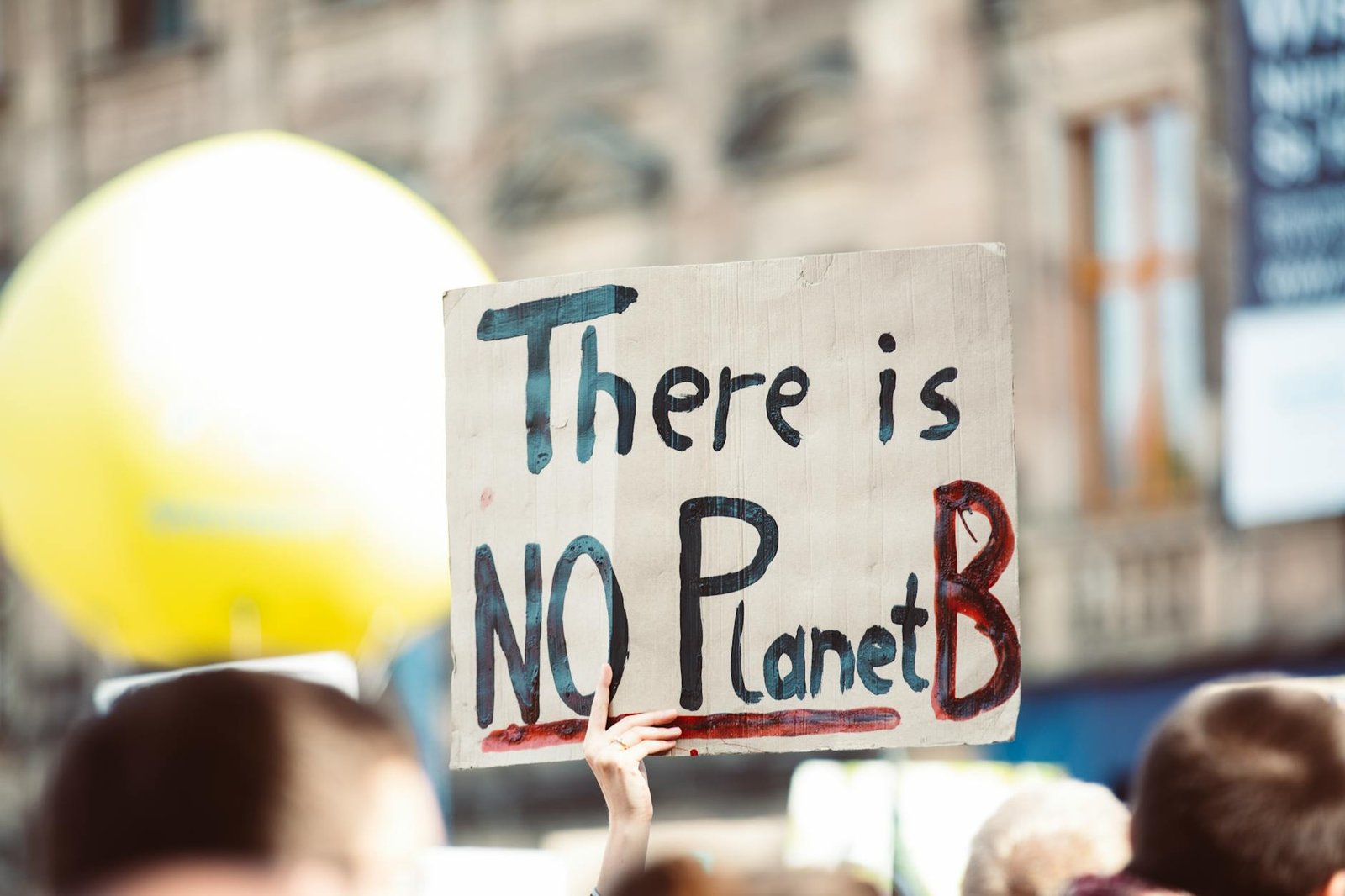The clock is ticking. Our planet’s climate is changing faster than ever before, and the consequences affect every aspect of life on Earth. From rising sea levels to unprecedented weather events, climate change poses a critical challenge that demands immediate attention and collective action.
What Is Climate Change and Why It Matters
Climate change refers to long-term shifts in temperatures and weather patterns, primarily driven by human activities such as burning fossil fuels, deforestation, and industrial processes. These activities increase greenhouse gas emissions—especially carbon dioxide (CO2) and methane—that trap heat in the atmosphere, leading to global warming.
Understanding climate change is crucial because it threatens ecosystems, biodiversity, food security, water resources, and human health worldwide. The impacts are unevenly distributed, often exacerbating social inequalities and affecting vulnerable communities the hardest.
Key Impacts of Climate Change Across the Globe
The effects of climate change are already visible, and they continue to intensify:
- Rising Temperatures: The planet’s average surface temperature has increased by approximately 1.2°C since pre-industrial times, contributing to more frequent heatwaves.
- Extreme Weather: Hurricanes, floods, droughts, and wildfires have become more severe and unpredictable, threatening lives and infrastructure.
- Melting Ice and Rising Sea Levels: Arctic ice is vanishing at alarming rates, causing sea levels to rise and threatening coastal cities and island nations.
- Loss of Biodiversity: Changing habitats and climate stress are pushing many species toward extinction, disrupting ecosystems.
- Agricultural Disruptions: Changes in rainfall patterns and temperature extremes impact crop yields, jeopardizing global food supply.
The Role of Technology and Innovation in Combating Climate Change
Technological advancements play a pivotal role in mitigating climate change and adapting to its consequences. Key innovations include:
- Renewable Energy: Solar, wind, hydroelectric, and geothermal power reduce reliance on fossil fuels and cut carbon emissions.
- Energy Efficiency: Smart grids, LED lighting, and energy-efficient appliances help lower overall consumption.
- Carbon Capture and Storage (CCS): Emerging technologies aim to capture CO2 emissions directly from the atmosphere or industrial sources.
- Electric Vehicles (EVs): Transitioning transportation from gasoline-powered to electric reduces air pollution and greenhouse gases.
- Data and AI: Advanced analytics and artificial intelligence optimize energy use, predict climate patterns, and support disaster response.
Global Initiatives and Individual Actions
Addressing climate change requires coordinated efforts at all levels:
International Agreements
Agreements like the Paris Agreement aim to limit global warming to well below 2°C, encouraging countries to commit to emission reduction targets and climate financing.
Government Policies
National policies promoting clean energy, forest conservation, and sustainable urban development are essential to meet climate goals.
What You Can Do
- Reduce energy consumption by using efficient appliances and switching to renewable energy providers.
- Adopt sustainable transportation options such as biking, public transit, or electric vehicles.
- Support local and global climate initiatives through advocacy and responsible consumption.
- Reduce waste and embrace circular economy principles by recycling and reusing products.
- Stay informed and spread awareness about climate science and solutions.
Looking Ahead: The Road to a Sustainable Future
The challenge of climate change is daunting but not insurmountable. Rapid innovation, policy shifts, and collective action can steer the planet toward a more resilient and sustainable future. Every individual, community, and industry has a role to play in this transformation.
Join our Quantum Computing Forum to chat with others now!






